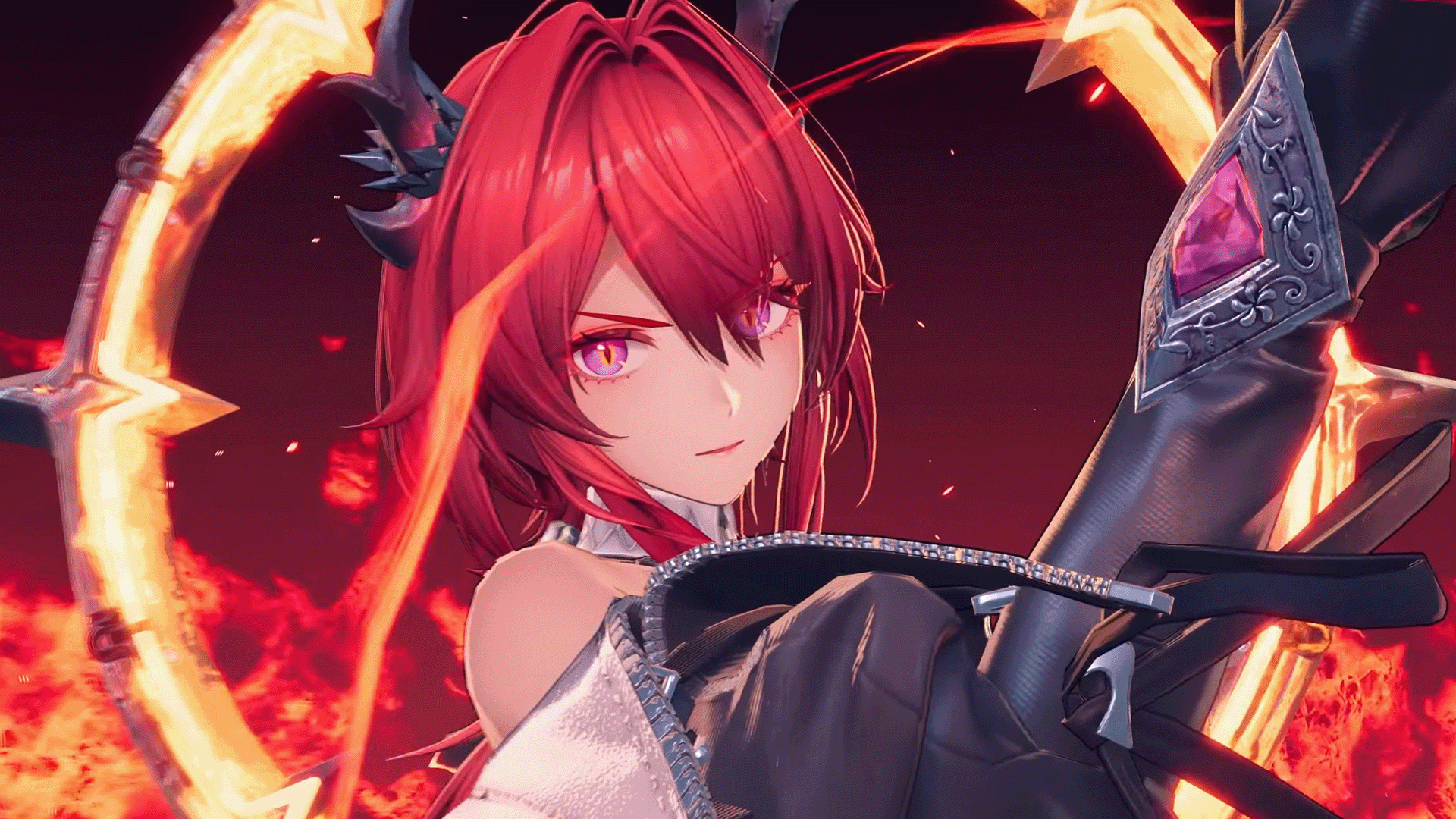Popular Fortnite: Battle Royale professional player Turner “Tfue” Tenney recently sued FaZe Clan, and the implications of the lawsuit are huge.
Tfue’s lawyers allege that his contract with FaZe Clan violates California law and that its stipulation that the company take 80 percent of revenue from third-party deals is illegal and unethical.
After news broke about the lawsuit, FaZe owner Ricky Banks began a Twitter tirade saying that his relationship with Tfue is tarnished, that FaZe represented him on his rise to Twitch fame, and that this controversy is all about money.
Depending on how the lawsuit plays out in court, it could have a huge effect on the industry, paving the way to better contracts for content creators and professional players.
The conflict between Tfue and FaZe underlines the necessity for better communication between personalities and organizations regarding business benefits. Top streamers can make millions of dollars annually, but rarely have the time to handle the multitude of sponsorship deals and partnerships that can make up a majority of their revenue. That’s why many partner with esports organizations. But the terms these companies offer these streamers are clearly often not satisfactory. Tyler “Ninja” Blevins and Michael “shroud” Grziesiek are two popular examples of Twitch stars who previously represented organizations as streamers—Luminosity Gaming and Cloud9, respectively—before deciding to represent themselves as a separate brand.
On the opposite end of the spectrum, Juan “Hungrybox” DeBiedma of Team Liquid has pointed out that strong, mutually beneficial relationships can still exist between streamers and esports organizations.
Now that Tfue seems to be following down the same path as Ninja and shroud, larger esports personalities may feel less inclined to sign contracts regardless of the paycheck attached to them. Streamers, after all, are some of the most influential people in the esports space—and it’s clear they’re increasingly starting to recognize this and take control of their own business interests.












Published: May 20, 2019 04:38 pm